What Type Of Review Could You Write With Nested Knowledge? – A Guide On Review Types Within NK
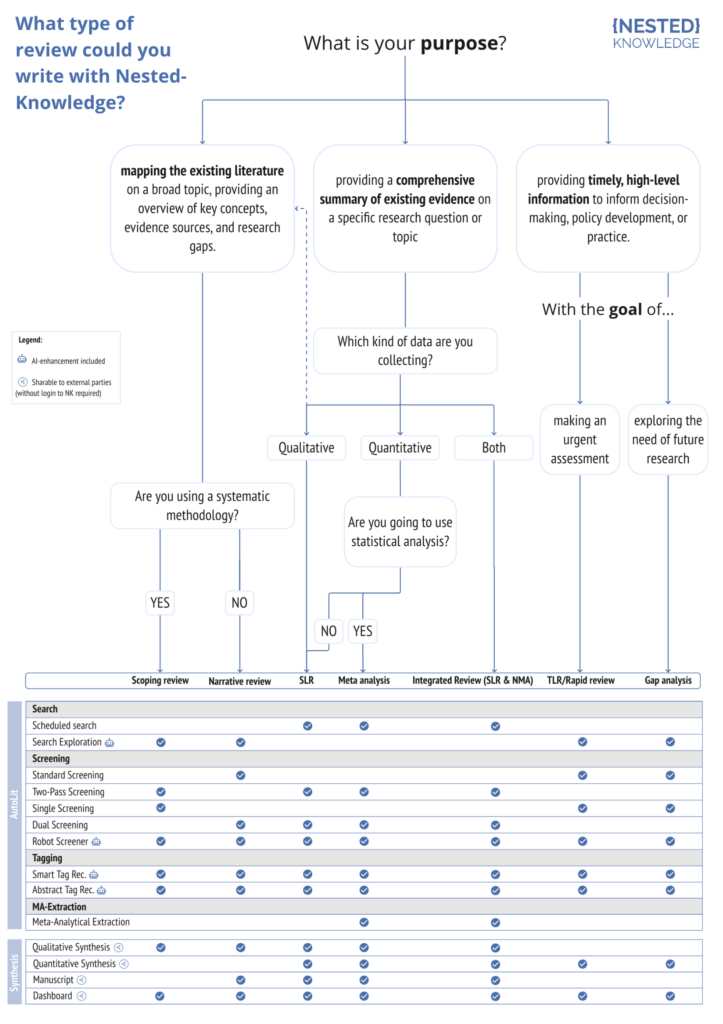
Initially designed as a comprehensive tool for completing systematic literature reviews, Nested Knowledge has evolved into a versatile platform for conducting a diverse range of review types. See below for a summary of different review types available in Nested Knowledge, as well as example projects and a flowchart of key choices in study design. Systematic […]
Validation Summary: Robot Screener’s Performance in Screening Records for Systematic Literature Review and Health Technology Assessment
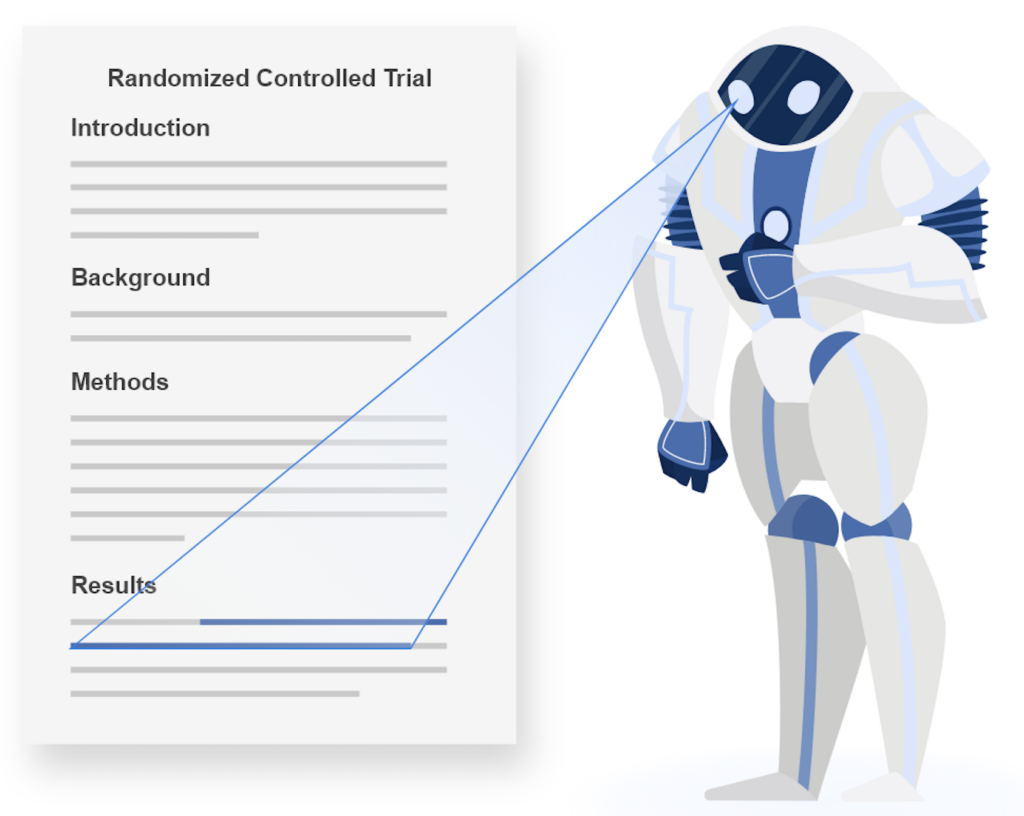
Systematic literature reviews (SLRs) are the backbone of Health Economics and Outcomes Research (HEOR), playing a vital role in Health Technology Assessments (HTAs). However, the vast quantity of research publications can turn the initial screening of abstracts into a time-consuming roadblock. Nested Knowledge’s (NK) Robot Screener is an AI tool poised to revolutionize this process, […]
Nested Knowledge Will Be At ISPOR 2024
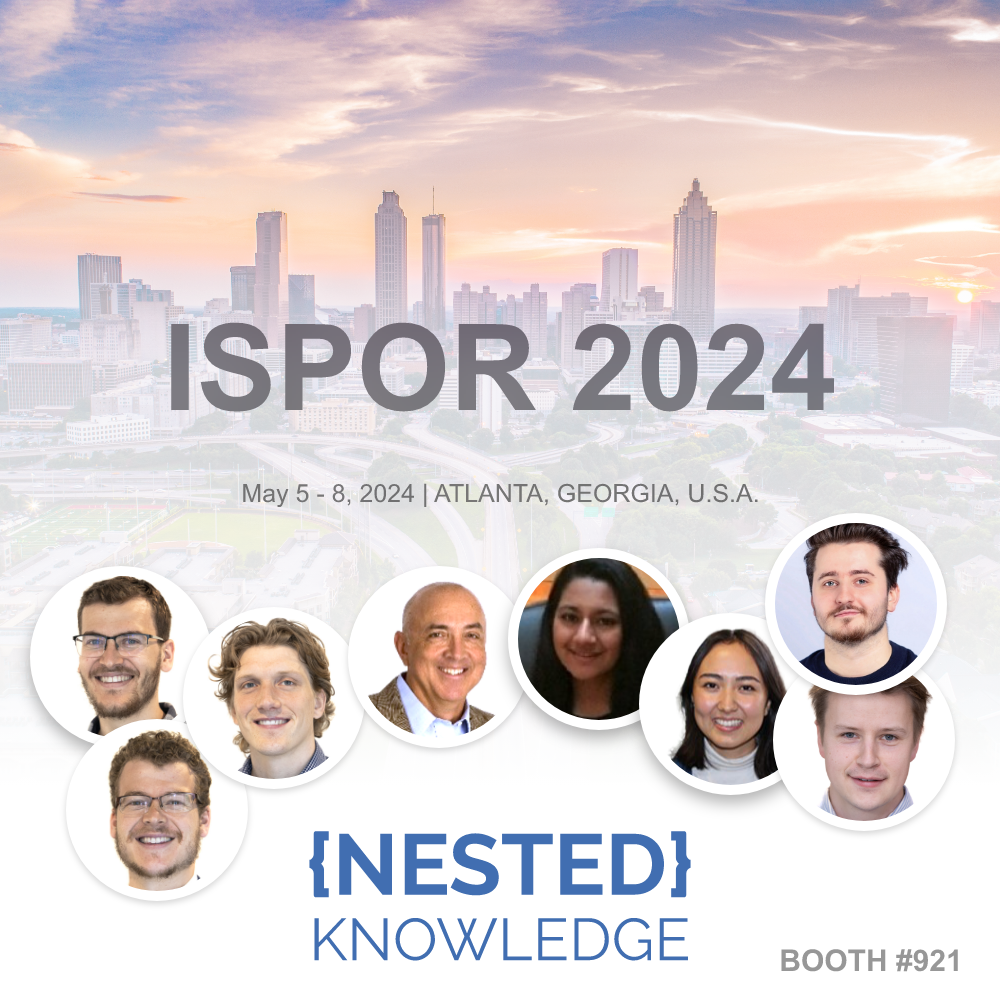
From helping you implement faster AI-assisted workflows which speed up your team by up to 75%, to helping you think through how to design your next project with the new JCA requirements in mind, Nested Knowledge has you covered. If there is a singular through line that ties these top trends together, it’s this: evidence synthesis is getting more complicated, not less.
Towards Patient-Centered Health Technology Assessment
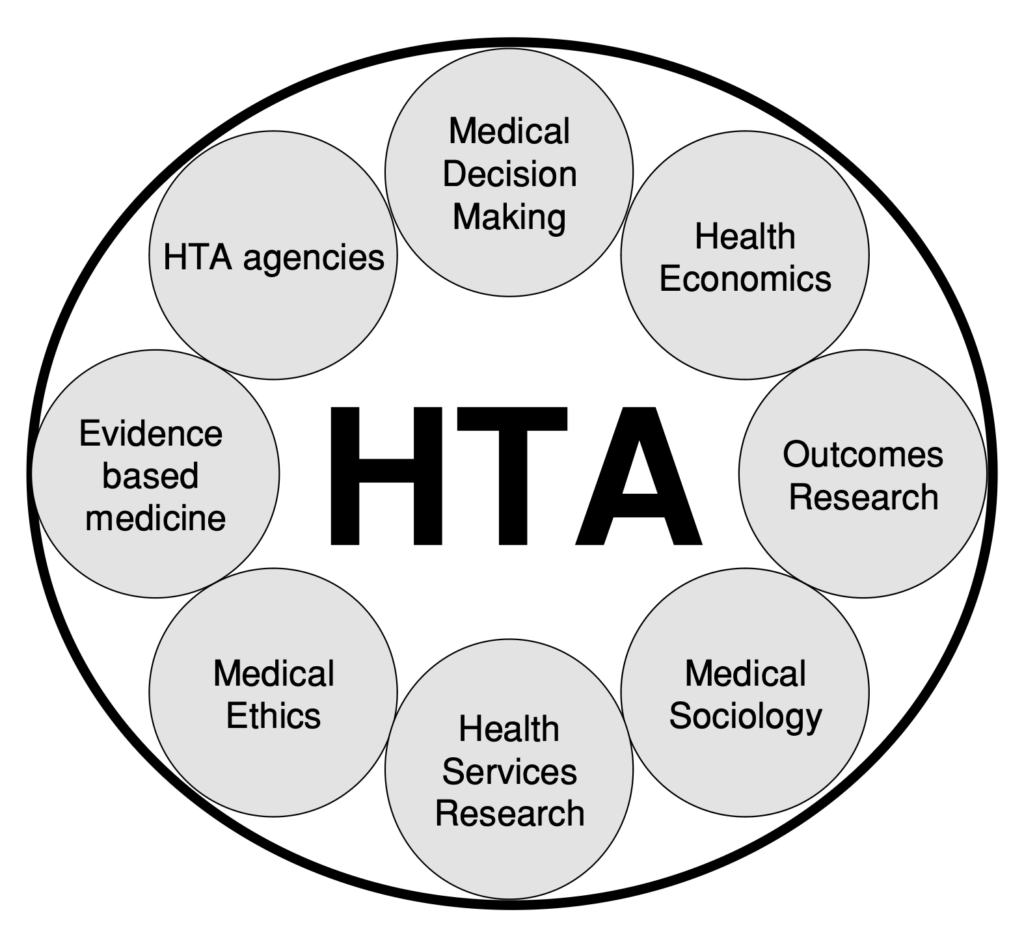
While HTAs are designed to help payers–in some cases governments– allocate resources and control rising healthcare costs, patients are the ultimate stakeholders.
In the seventeen years since researchers first proposed “patient-based health technology assessments,” key institutions have made progress. PCORI, ICER, and other agencies invite patient comments on HTAs and listen to patients on their advisory panels.
Feature Comparison for Systematic Literature Review: Nested Knowledge vs Spreadsheets

In the realm of conducting systematic literature reviews (SLRs), the question invariably arises: how do these new technologies compare to the trusty spreadsheet? Spreadsheets offer flexibility and a familiar interface, making them the default choice for many researchers. However, as the demands for more streamlined, faster, and AI-assisted SLRs grow, sophisticated tools like Nested Knowledge […]
Format your Tag Hierarchy to Match your Export Spreadsheets
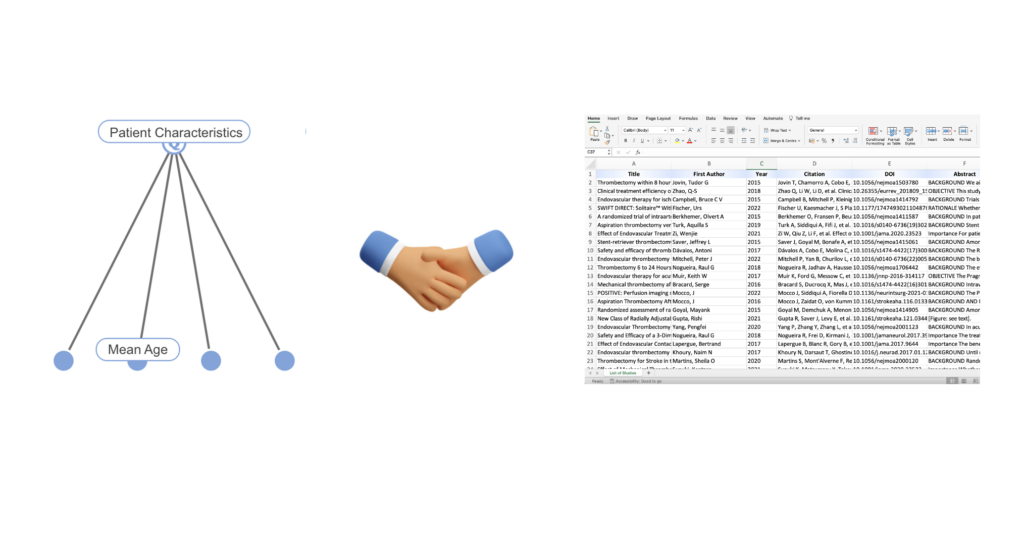
The proficient generation of correctly formatted spreadsheets is pivotal for the efficient presentation of insights to clients, internal teams— everyone on the receiving end of the project’s data of interest. While this step comes after the completion of your review, you should be confident that the data extracted earlier on can be easily presented in the […]
Transitioning into Nested Knowledge
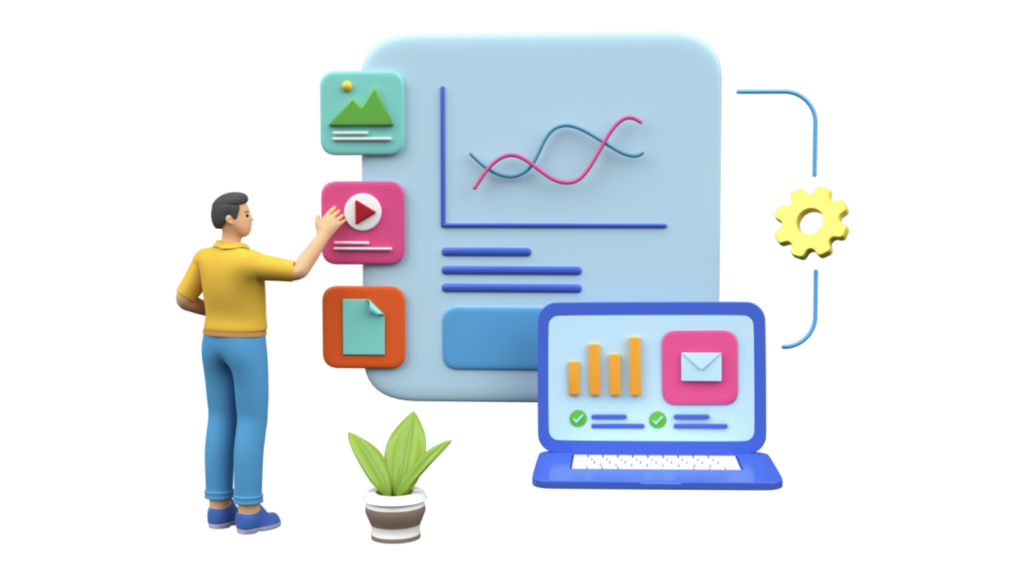
In the ever-evolving landscape of systematic literature review (SLR) software, it is difficult to know which tool is going to best match and improve your current workflows. When considering alternatives, you need to be confident in the ability to seamlessly transition current and ongoing projects into any new solution. While the decision to switch tools […]
EUnetHTA 21: Impact of European HTA Regulation on Evidence Generation Strategy

While the 90-day submission of a review across diverse PICOs may be intimidating, emerging technologies can help structure and perform the required data gathering. Specifically, the use of living evidence libraries, which are rapidly updated as new evidence emerges, positions manufacturers to swiftly adapt to evolving evidence requirements. Here, one solution, a centralized living evidence library software offering by Nested Knowledge, is described in brief.
Free tier, accessibility, portability, and security – Nested Knowledge responds!
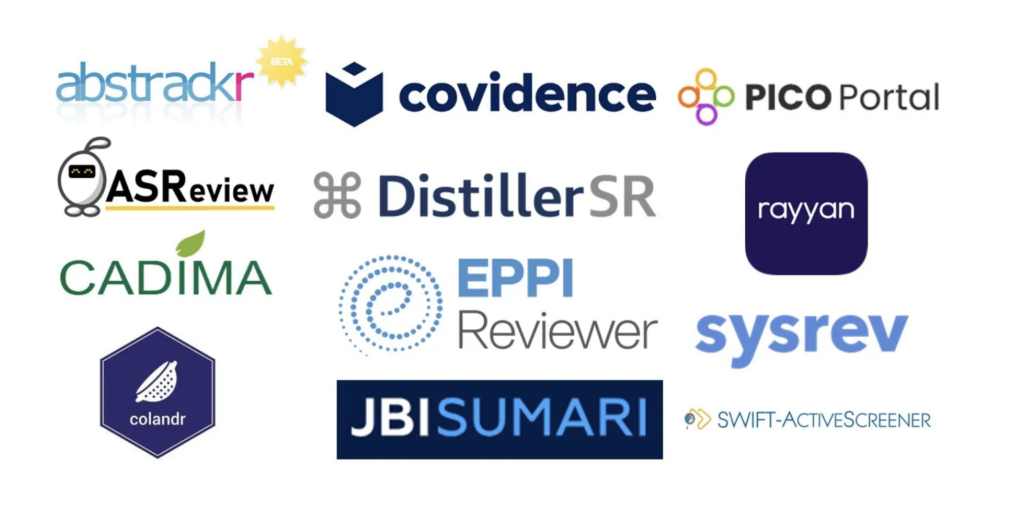
We at Nested Knowledge just read a blog about accessibility and portability of systematic review outputs, especially focused on Free Trials. We thought that the author brought up some very interesting questions, and we thought we’d provide answers for our tool!
Reducing Research Waste through Living Systematic Reviews

Workflows to replace the outdated, excess information will be essential for finding meaning in the clinical literature.
